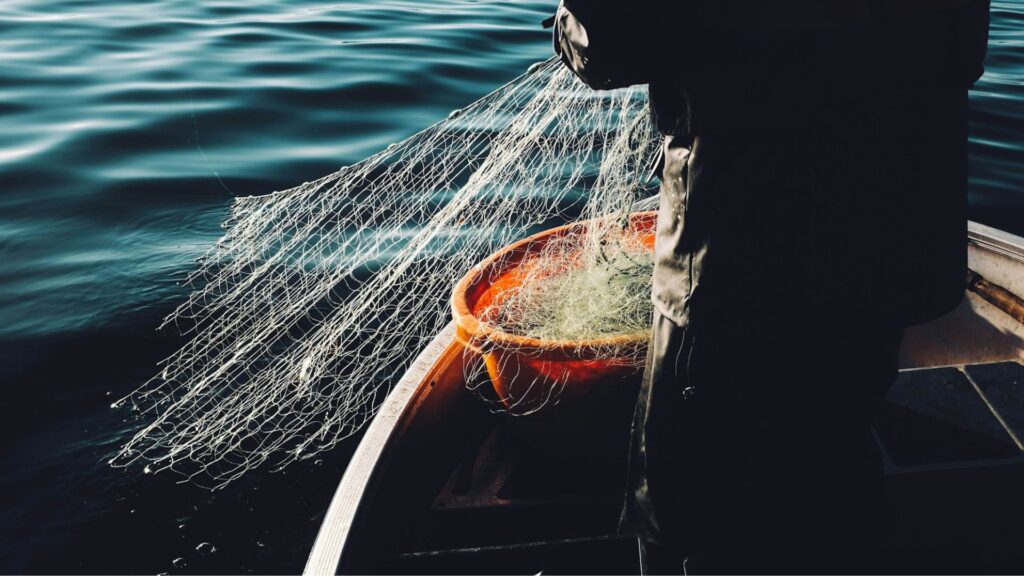The Department of Fisheries and Oceans Canada (DFO) is contemplating the closure of the elver fishery for the 2024 season, a decision that has sparked protest from the Wolastoqey chiefs in New Brunswick. The elver fishery, which involves the harvesting of young eels known as elvers, has been a contentious issue due to concerns over conservation and safety.
Last week, Fisheries and Oceans Canada (DFO) issued letters to commercial license holders that it will not renew licenses ahead of the elver season which typically starts in late March.
Elvers are a lucrative commodity, especially in Asian markets where they are highly valued. In 2022, the price for elvers reached as high as $5,000 per kilogram. However, the DFO shut down the elver fishery in New Brunswick and Nova Scotia in April last year following reports of violence and overfishing by unauthorized harvesters. This proposed closure for another season has raised issues regarding treaty rights and the economic impact on the communities involved.
The Wolastoqey fishers argue that the closure infringes on their treaty rights and affects their ability to earn a moderate livelihood from fishing, as affirmed by the Supreme Court of Canada in 1999 under the Peace and Friendship Treaties. The Treaties recognize the rights of the Mi’kmaq, Wolastoqiyik, and Peskotomuhkati to fish for a moderate livelihood. In response to the DFO’s decision, the Wolastoqey chiefs have emphasized the need for an Indigenous led elver fishery with enhanced monitoring and co-governance of the resource.
“Existing monitoring and resources are not sufficient to manage the conservation and protection of elver or appropriately safeguard personal safety. We are looking to continue to work with DFO to enhance monitoring and protection of our fisheries,” they said in a release.
The DFO’s stance is that the elver fishery has faced increasing challenges, including conservation and safety concerns. They have initiated a consultation process with license holders, First Nations, and Indigenous organizations to discuss the future of the elver fishery. Following a 10-day comment period, the minister will decide on the 2024 fishery.
The Wolastoqey Nation has called for a system that respects their inherent and treaty-protected rights and allows for co-governance of the elver fishery. They argue that the current system prioritizes non-Indigenous commercial fishing interests over the rights of First Nations. The Nation also seeks dedicated funding to continue their eel index/assessment work in the Wolastoq, which is crucial for the conservation and protection of the species.




